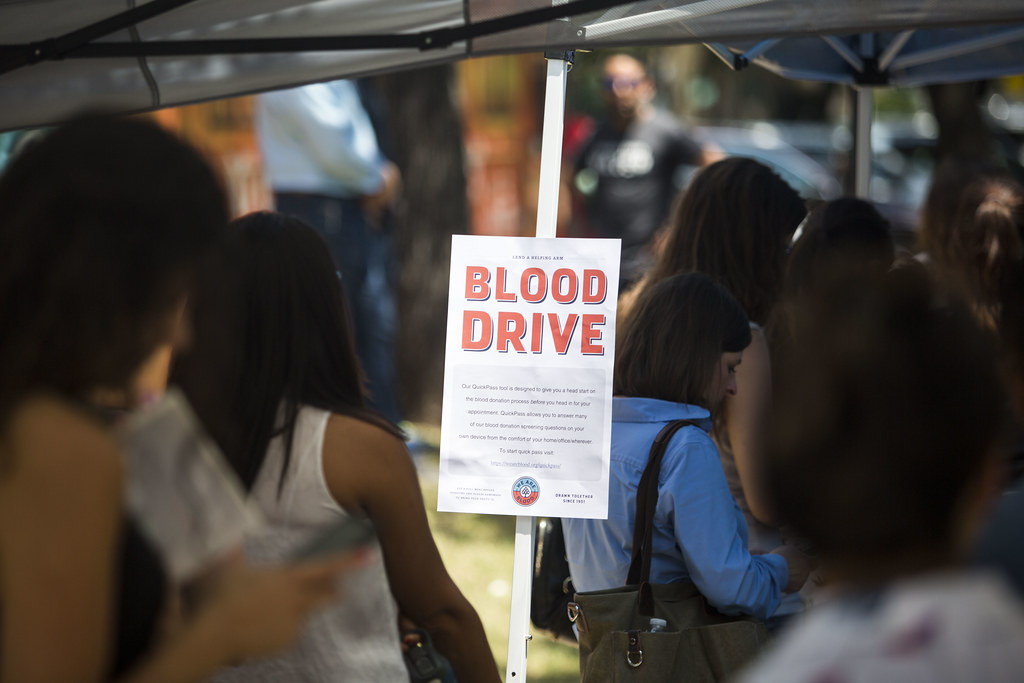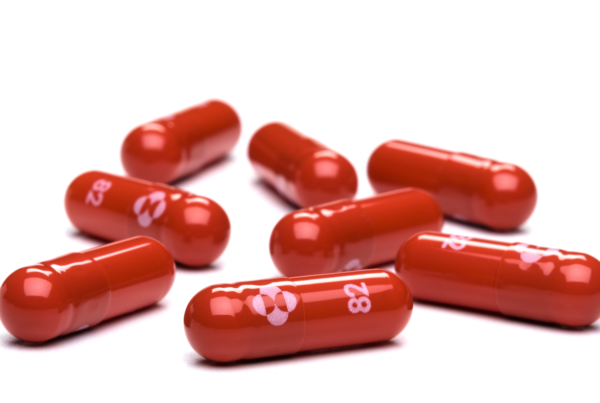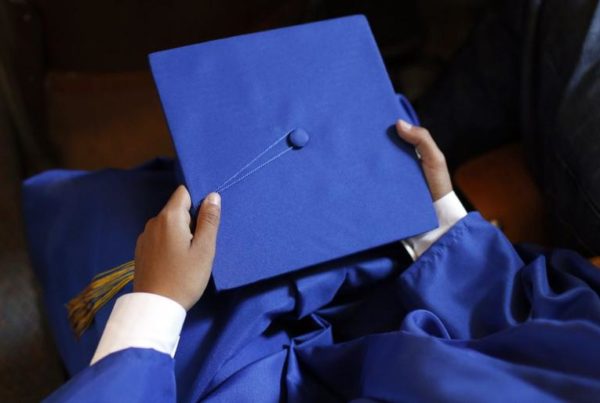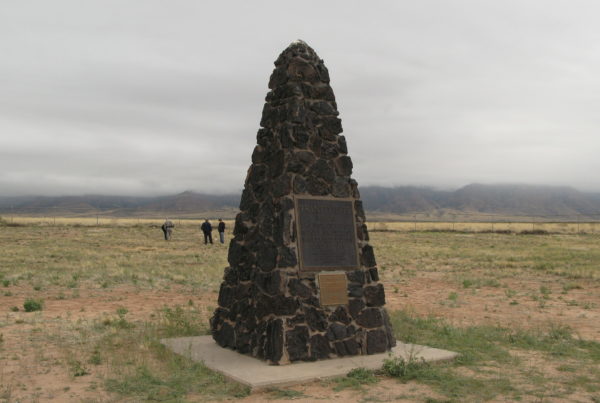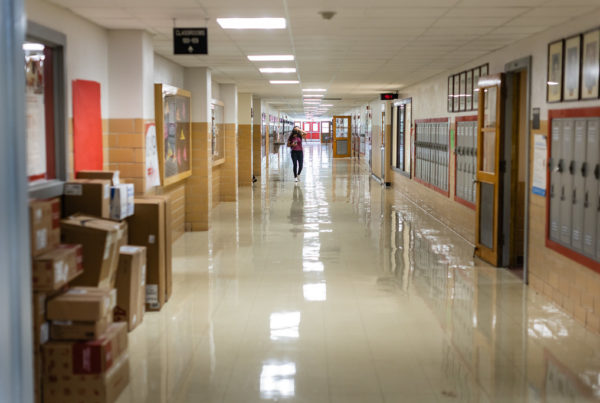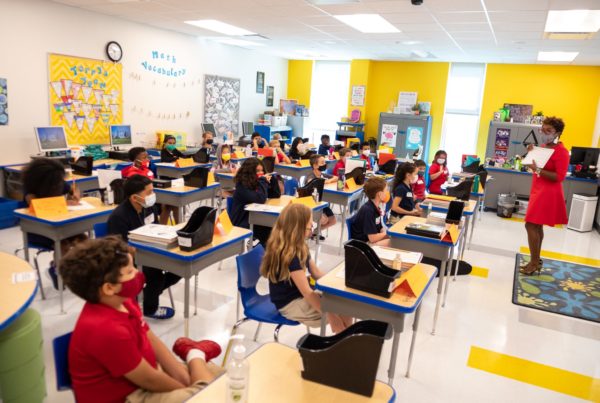For the first time ever, the American Red Cross has declared a blood shortage crisis in the United States. The organization is reporting that a significant drop in donations – including a 62% decrease from blood at drives at schools and colleges – has left hospitals with unmet needs.
Local, independent blood banks have been especially hit hard. Dr. Merlyn Sayers, president and CEO of Carter BloodCare in North Texas, spoke with the Texas Standard about why it’s so important Texans donate now, and where they can find more information about donating in their area. Listen to the interview with Dr. Sayers in the audio player above or read the transcript below.
This interview has been lightly edited for clarity.
Texas Standard: What does it mean, national blood crisis? This is the first of its kind, correct?
Dr. Merlyn Sayers: Well, I don’t want to sound melodramatic, but I’ve been involved in blood banking for something like 30 years, and I’ve never, ever seen circumstances quite as dire as they are now. It’s almost as if every strategy that has been developed to deal with the COVID pandemic is inimical to blood donation and donor recruitment. So the challenge that we’re confronting is how blood inventories are going to meet patient needs.
Tell us about what this means as a practical matter. If someone’s in the hospital, how likely is it that they can receive a life- saving transfusion or something along those lines?
That’s a tough one to answer, and the reason I say that is if you look at the community, independent blood programs, which are responsible for more than 60% of the nation’s blood supply – if you look at us here in Texas, we are all community, independent blood programs. Each one of those programs serves up to 250 hospitals, so the circumstances at each one of the hospitals may be very different. A hospital, which deals significantly with trauma patients and oncology patients, they might be confronted with having to be very conservative in how they deal with their blood inventories. But programs which don’t have the specialty services, they might be confronted with the need to be concerned about the blood supply.
The American Red Cross is saying now that it has less than a one-day supply of critical blood types, and has had to limit distributions to hospitals. It seems like both the independents and the Red Cross are considering this to be a dire circumstance. What are you doing to try to increase donations?
It’s an issue that the community independents have recognized for some time. One cannot lurch from one national appeal to another to try and bring blood donors to the blood donation centers; one really has to understand the psychology of altruism. And we’ve really lost the ability to do the research, which is going to answer questions, How do you get younger folk to become blood donors? Younger folks, the 25- to 40-year-olds used to be the backbone of blood programs, and they’re not anymore. So what we need is the research which is going to uncover what the trigger is to those folks who we’ve lost. What is the bell, which answers their need to be altruistic?
How has COVID affected your ability to keep blood stocks at a stable level?
It is affected dramatically, dramatically. And the reason I say that is every single strategy to deal with COVID is inimical to blood donation. How do you draw units of blood from a volunteer donor and ensure that there is social distancing? How do you manage to recruit at schools, universities and colleges when they’re closed down and there’s businesses that used to support one before the pandemic? How does one make sure that you can make up for the donations you do not get when you drive your mobile units to these businesses and you do not get those donations because individuals are working from home? The challenges have been dramatic, largely because access to donors has been so restricted by every strategy that’s invoked to help deal with COVID.
So, doctor, what do you need? If you had a message for Texans listening right now, what would you say? And is there a blood type that may be at critically low levels in Texas?
Every single day in North Central Texas, something like 600 to 800 individuals have blood ordered for them – 600 to 800 individuals just in our footprint. Those individuals’ lives, and I’m not sounding hysterical here, depend on the availability of blood. You cannot manufacture blood. You cannot stockpile it. You need from donors. So all those big-hearted Texans who can donate, I would urge you go to our website, www.carterbloodcare.org, make an appointment at any anyone of more than 20 centers where you can donate, and that donation will, I can promise, be life-saving.
To donate blood, visit carterbloodcare.org or the American Red Cross, or find a local blood bank in your area for more information.


